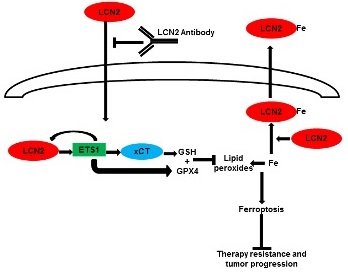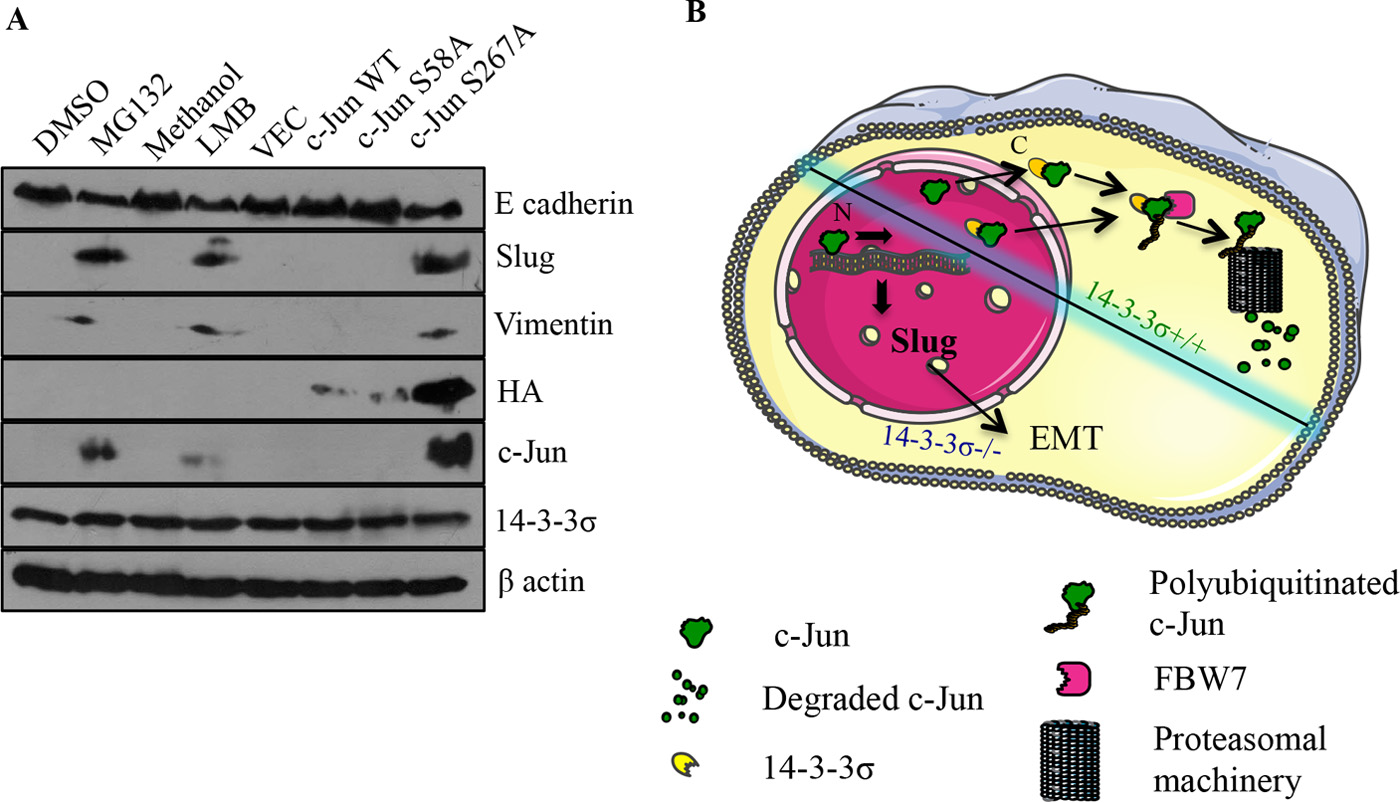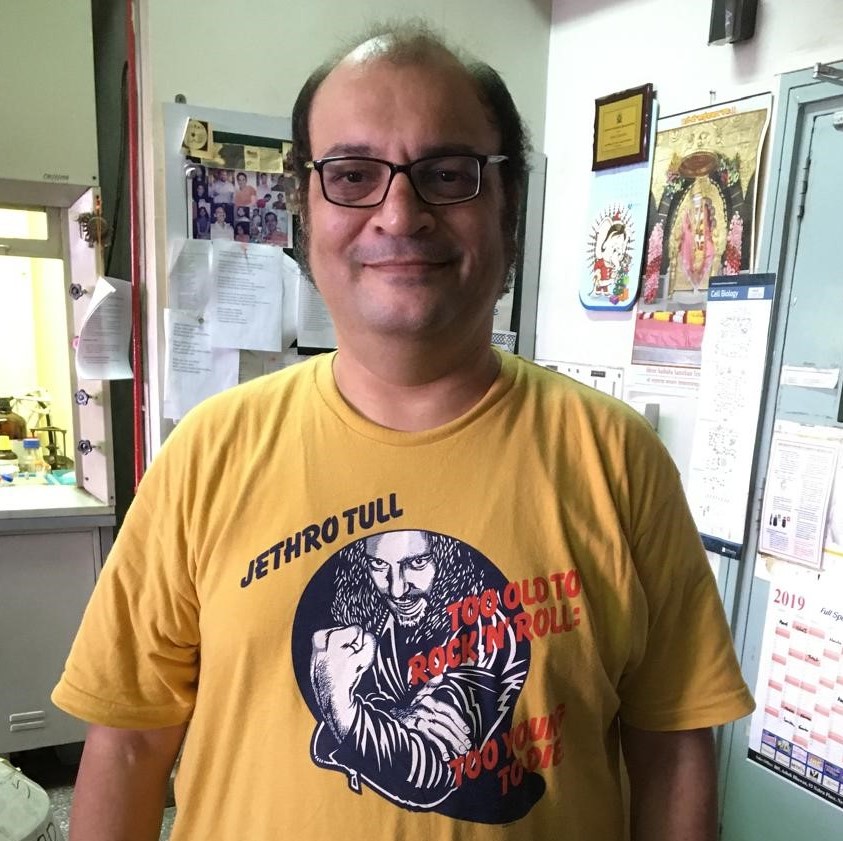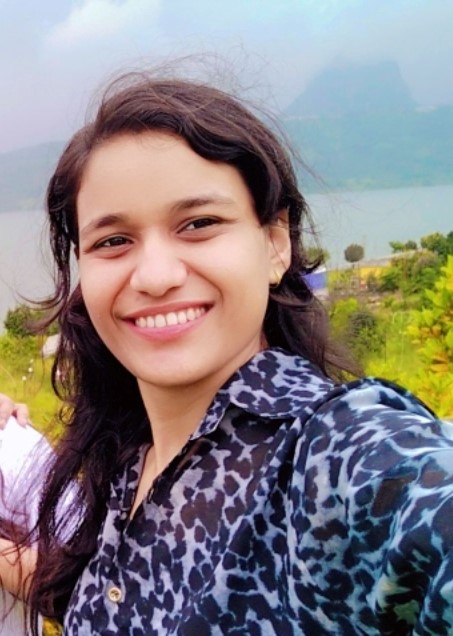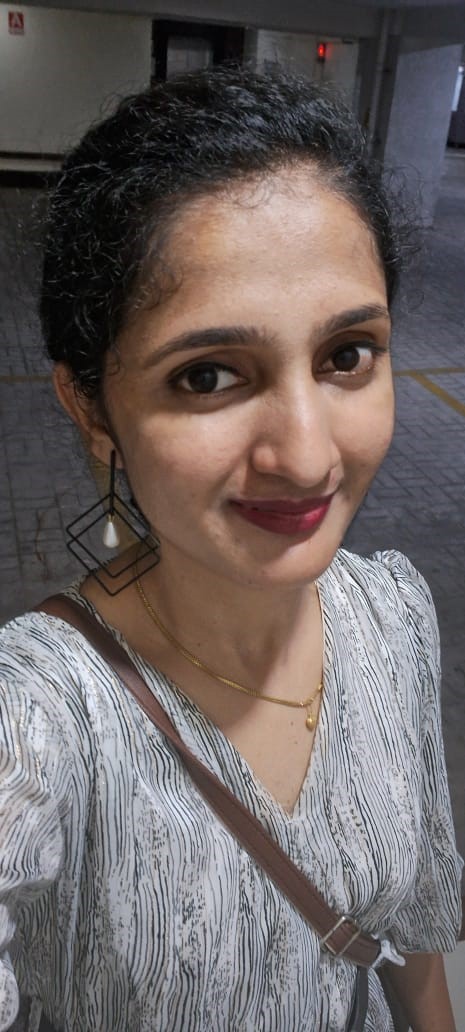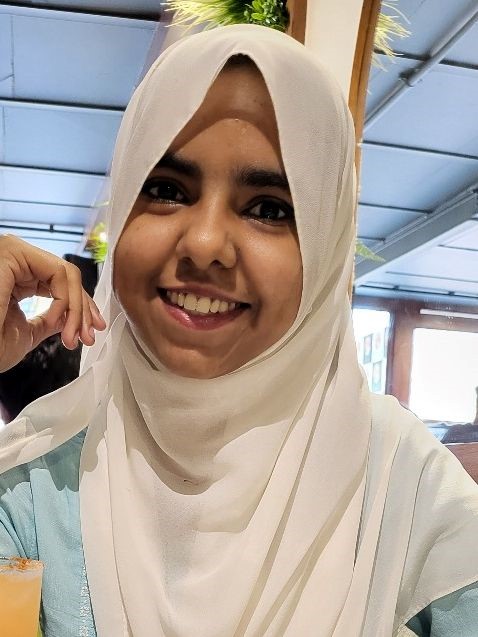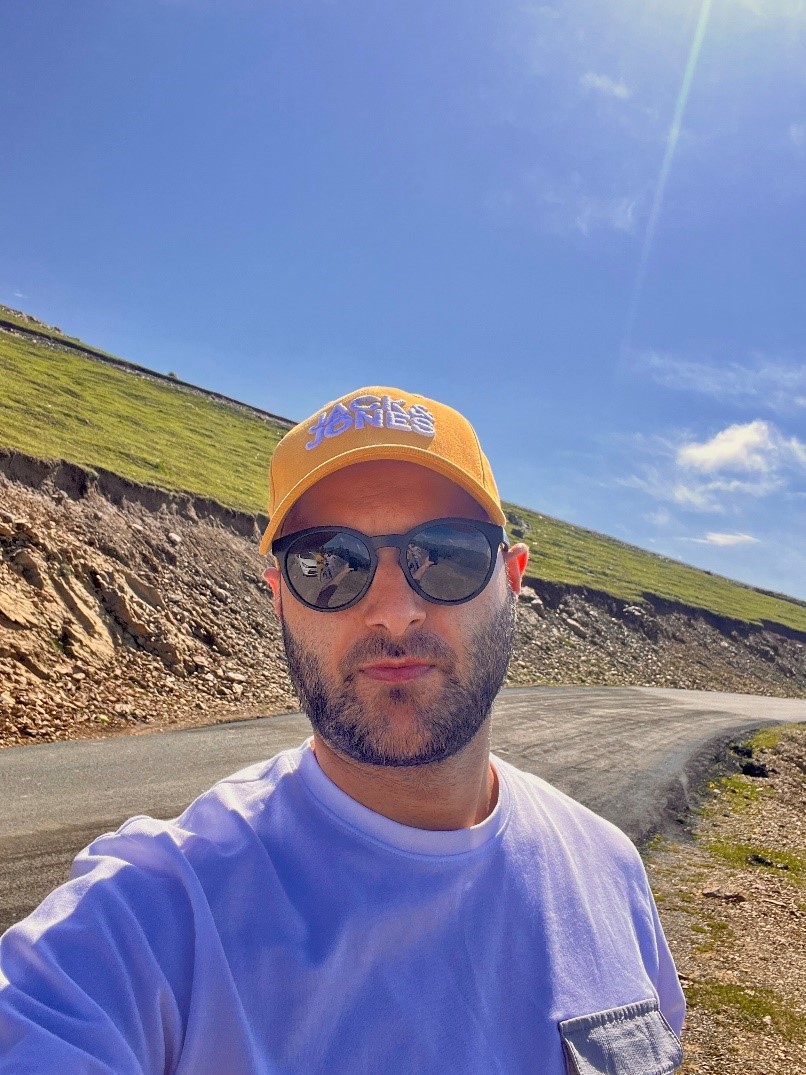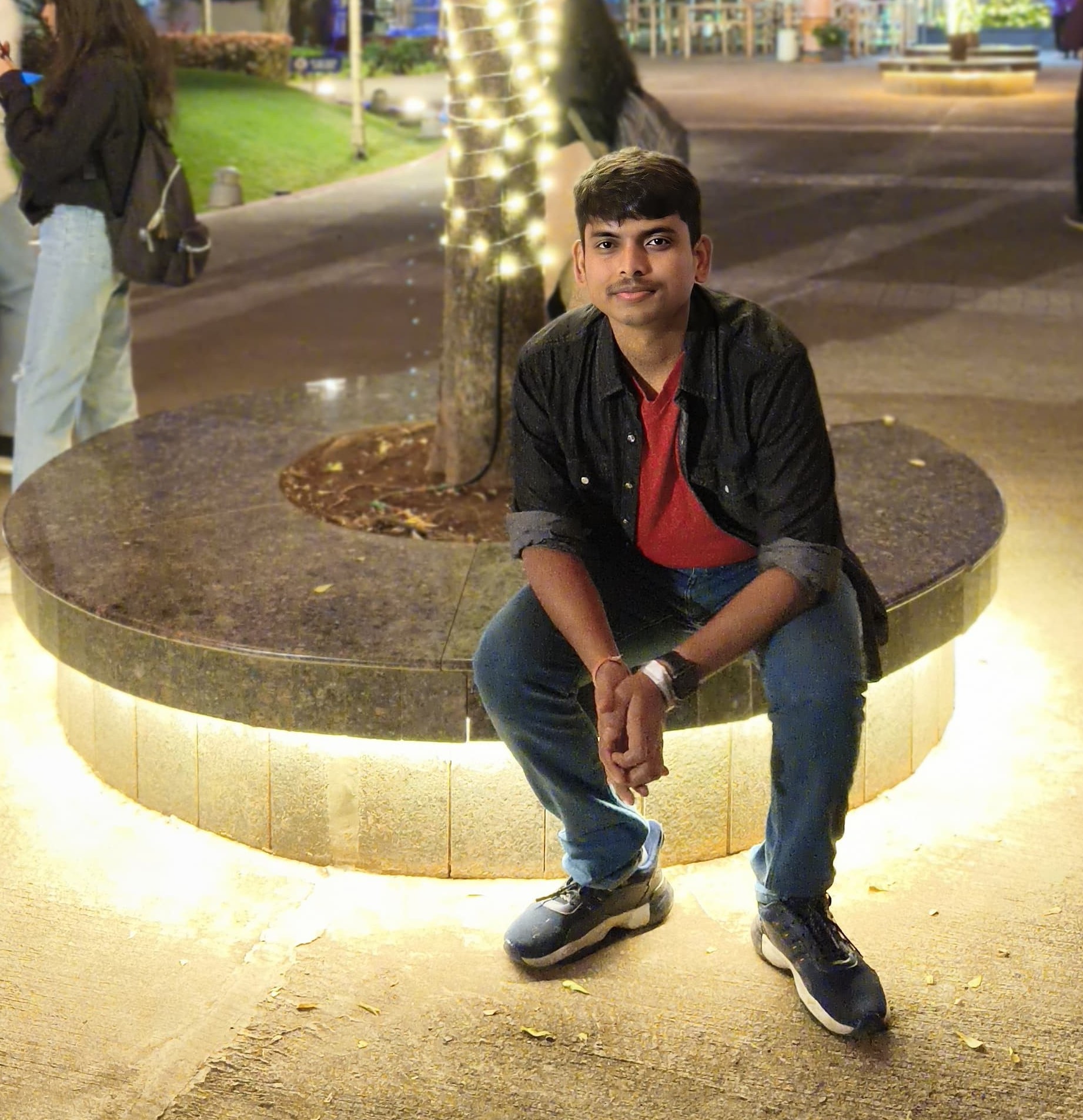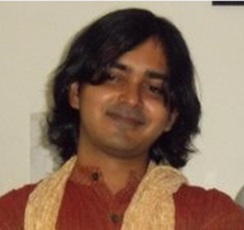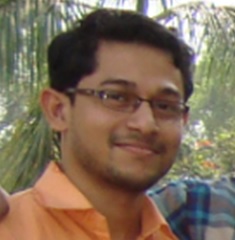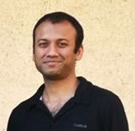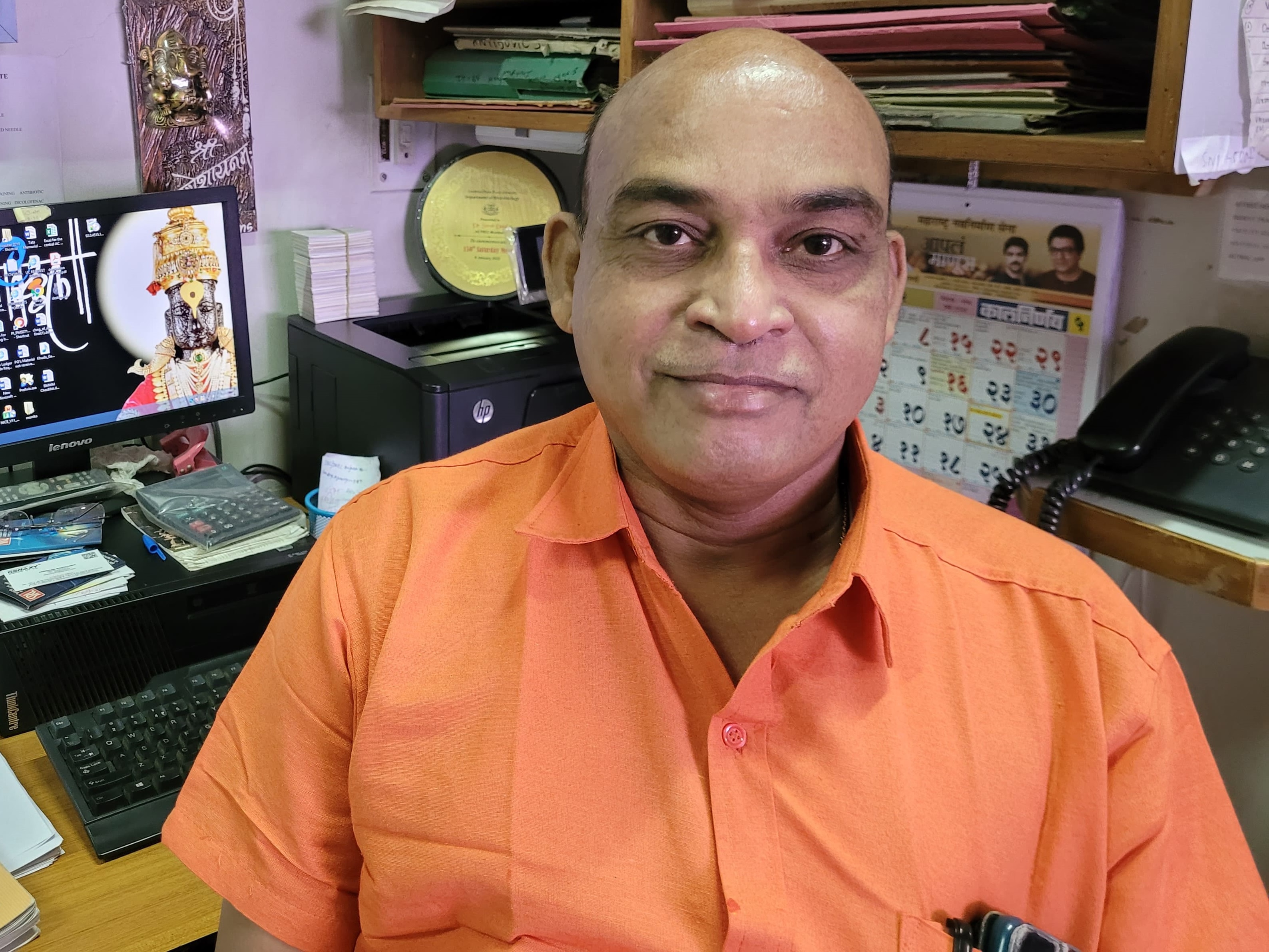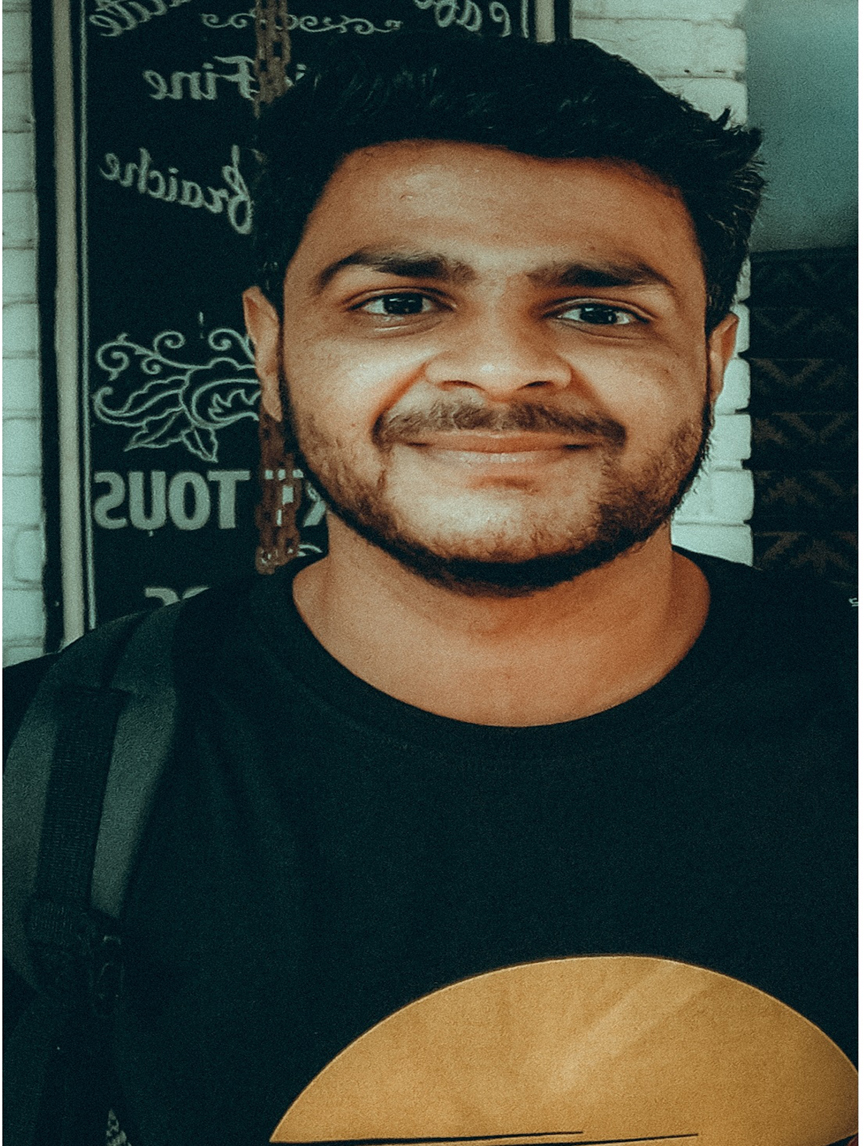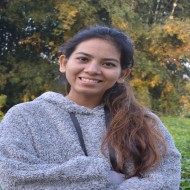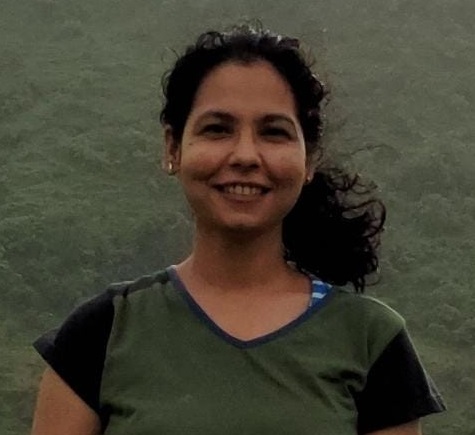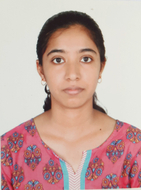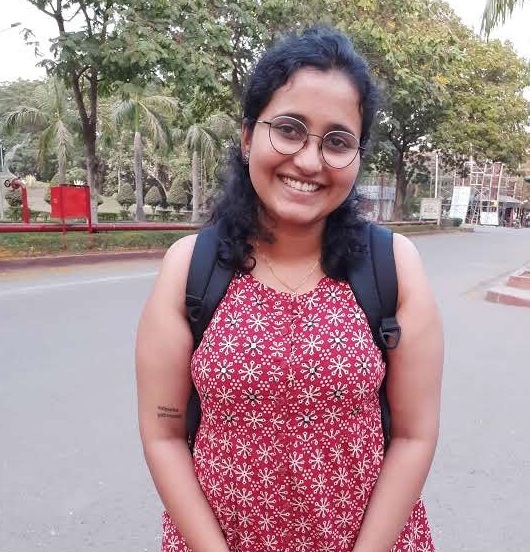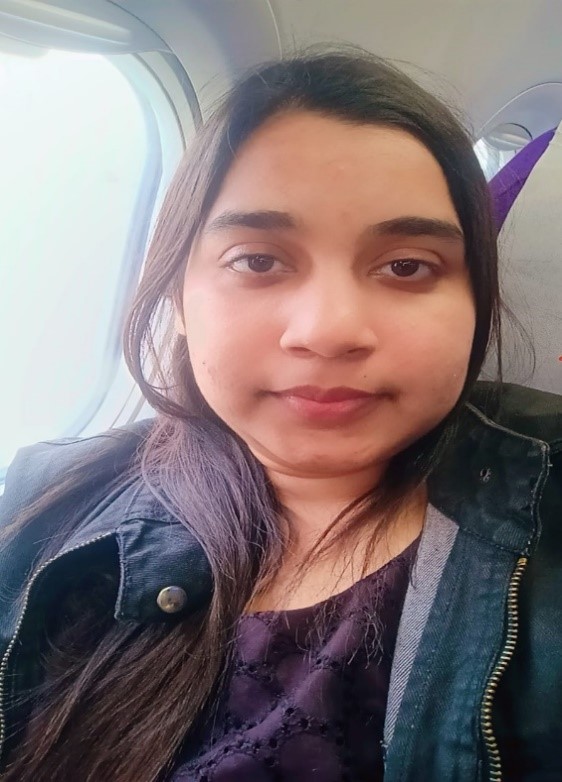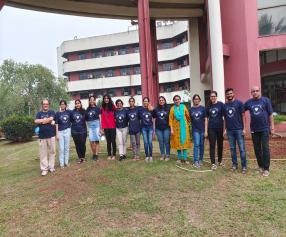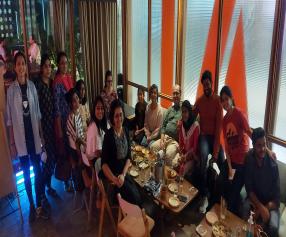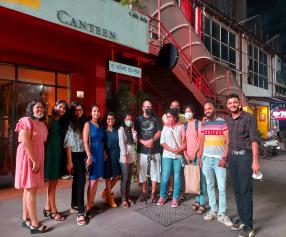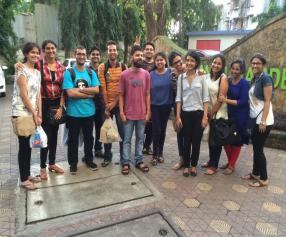
Principal Investigator
- Home
- Dr. Sorab Dalal
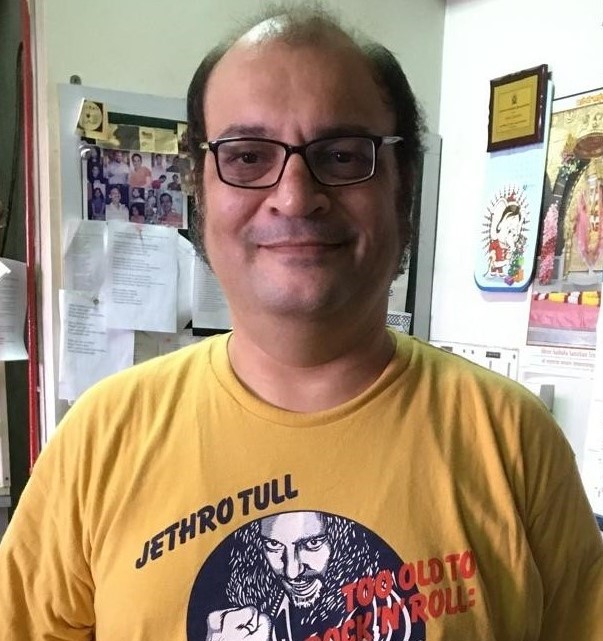
Dr. Sorab Dalal
Principal Investigator
Research Interests
- Regulation of desmosome formation.
- Therapy resistance in colon cancer
- Regulation of cell cycle control and other cellular pathways by 14-3-3 proteins.
RESEARCH
There are two major areas of research in the laboratory. The first focuses on the mechanisms by which therapy resistance is acquired in colorectal cancer and developing potential therapeutic approaches to re-sensitize tumor cells to therapy with an emphasis on the contribution of iron homeostasis to therapy resistance. We have demonstrated that while excess intracellular iron might lead to tumor development, in the context of therapy, excessive intracellular iron promotes cell killing due to the generation of reactive oxygen species (ROS). We demonstrated that a novel monoclonal antibody developed by our collaborators, sensitized tumors to therapy and inhibited tumor progression by promoting the retention of iron in the tumor cells. Therefore, iron homeostasis is central to tumor progression, therapy resistance and tumor killing.
Most functions in cells are performed by large protein complexes and the regulation of complex formation is critical to cell homeostasis. The second problem we work on in the laboratory is to elucidate the mechanisms by which the 14-3-3 protein family bind to and dissociate from their protein ligands thereby affecting ligand function. The 14-3-3 family participates in almost every signaling pathway present in mammalian cells which is why we think of them as the answer to the ultimate question of the life, the universe and everything. As part of these studies we wish to determine the molecular basis for specific complex formation between 14-3-3 proteins and their ligands and elucidate their role in the centrosome duplication pathway. These studies have been extended to identify specific ligands for individual 14-3-3 isoforms to determine how individual family members regulate different cellular pathways. This is important as 14-3-3 proteins regulate multiple cellular pathways, analysis of the phenotypes underlying loss of a specific 14-3-3 isoform must consider how different pathways contribute to the observed phenotype.

